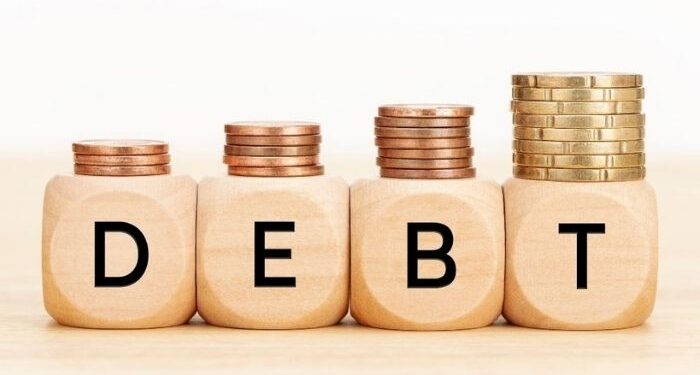This week, I received about three text messages from loan companies, who keep sending broadcast messages to the supposed contacts of people who have borrowed from them and have refused to pay.
Interestingly, I do not even know the people whose names were mentioned in the text messages, so chances are these loan sharks (loan companies), send messages to as many phone numbers as they can, just to generally discredit the reputation of the defaulting people.
One of the questions people ask me from time to time is whether there are good debts or if all debts are bad.
Let’s first of all, take a look at what debt is.
Debt is literally an amount of money that is owed to another person; it is money that has been used to settle an obligation in the past and is due for repayment in the future.
Each time you borrow, you are putting a charge on a future income that you have not earned, or that you are not sure of earning.
You are also stifling other profitable opportunities you could use your future money for since you have to pay an obligation from the past.
Research says that 8 in 10 Americans have some form of consumer debt, and whilst I do not have readily available information on consumer debt statistics in Nigeria, there has arguably been an increase in consumer debt borrowing in recent times.
Borrowing money has become a common phenomenon in Nigeria, because of the ease of access to loans. These loans, however, come with high-interest rates and unfavorable repayment terms, and a lot of people leverage those credit opportunities with little or no knowledge of the consequences.
Here are a few reasons why loans have become more popular in Nigeria:
-There is an increase in peer-to-peer lending platforms and pay-day loans which do not usually require an extensive credit check or collateral.
-Loan services are now readily available through fintech companies, and they can be accessed without involving financial institutions.
-Increased advertising on social media puts pressure on people to make purchases they can’t afford.
-Debt products are being provided by banks with relatively low requirements to access them.
Does the ease of access, occurring as a result of the factors explained above, make debt a desirable option to meet urgent or day-to-day financial needs, or augment income-bills deficit?











